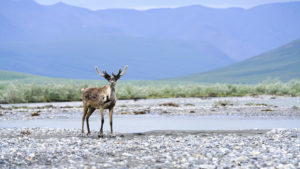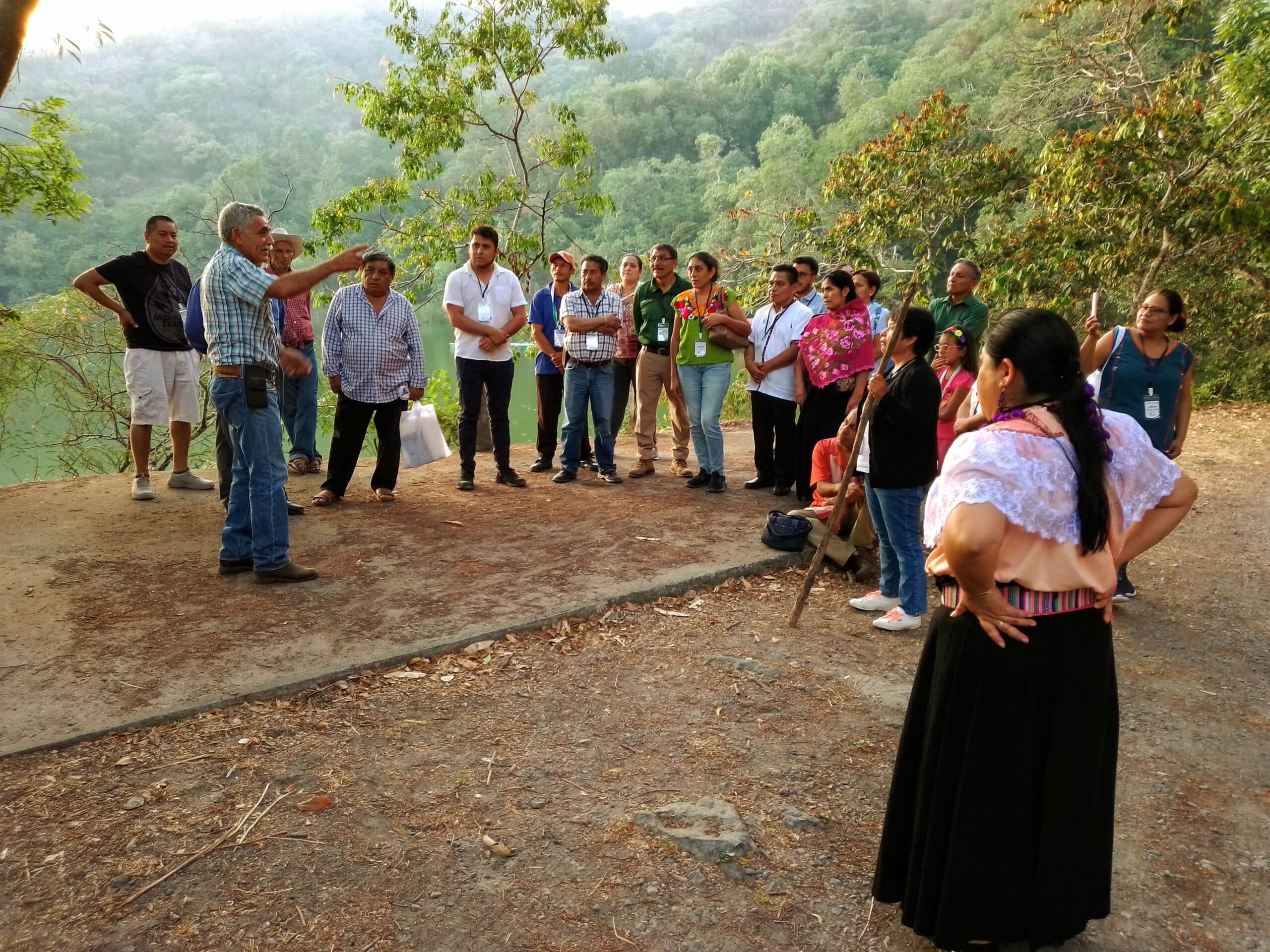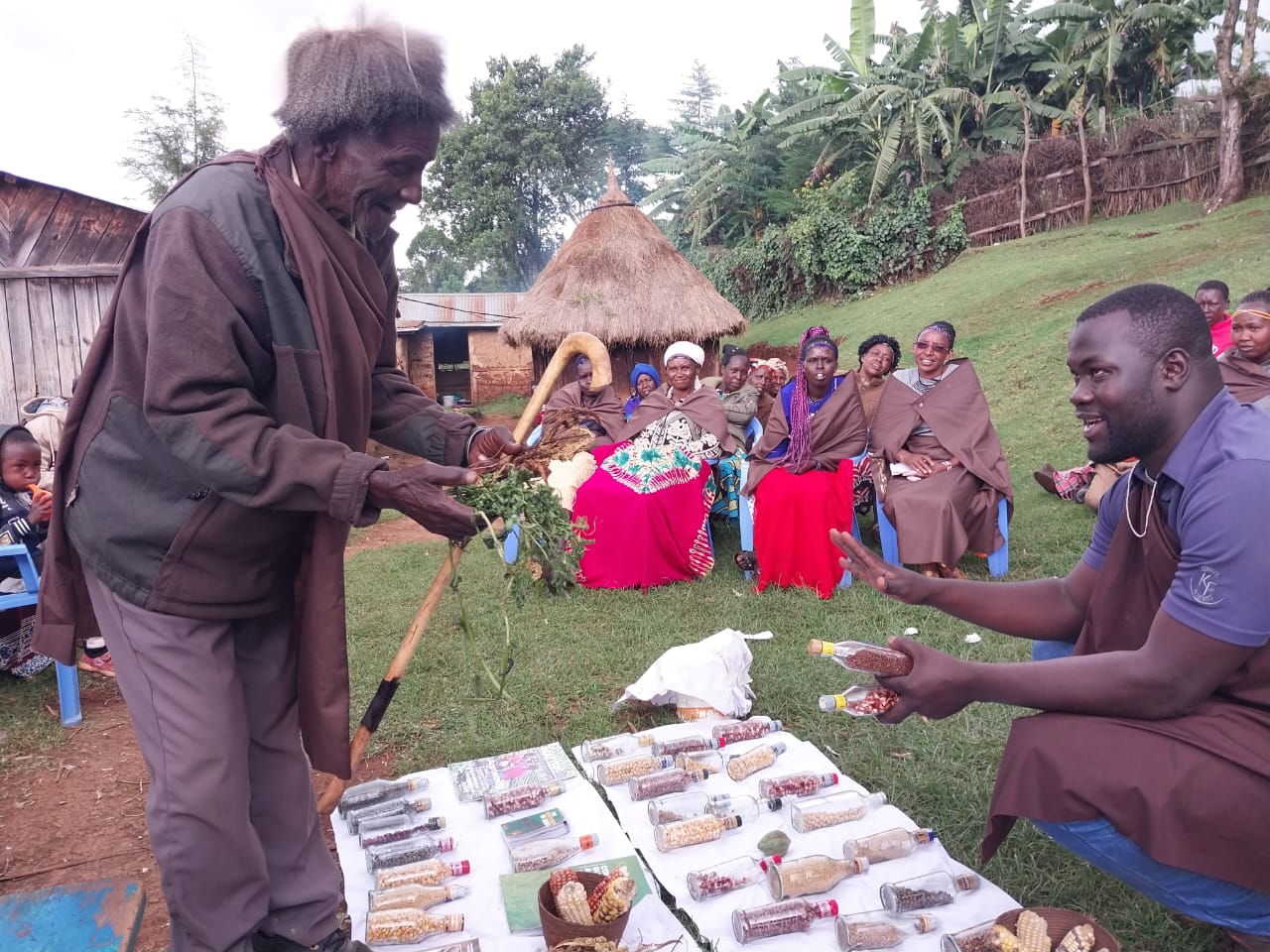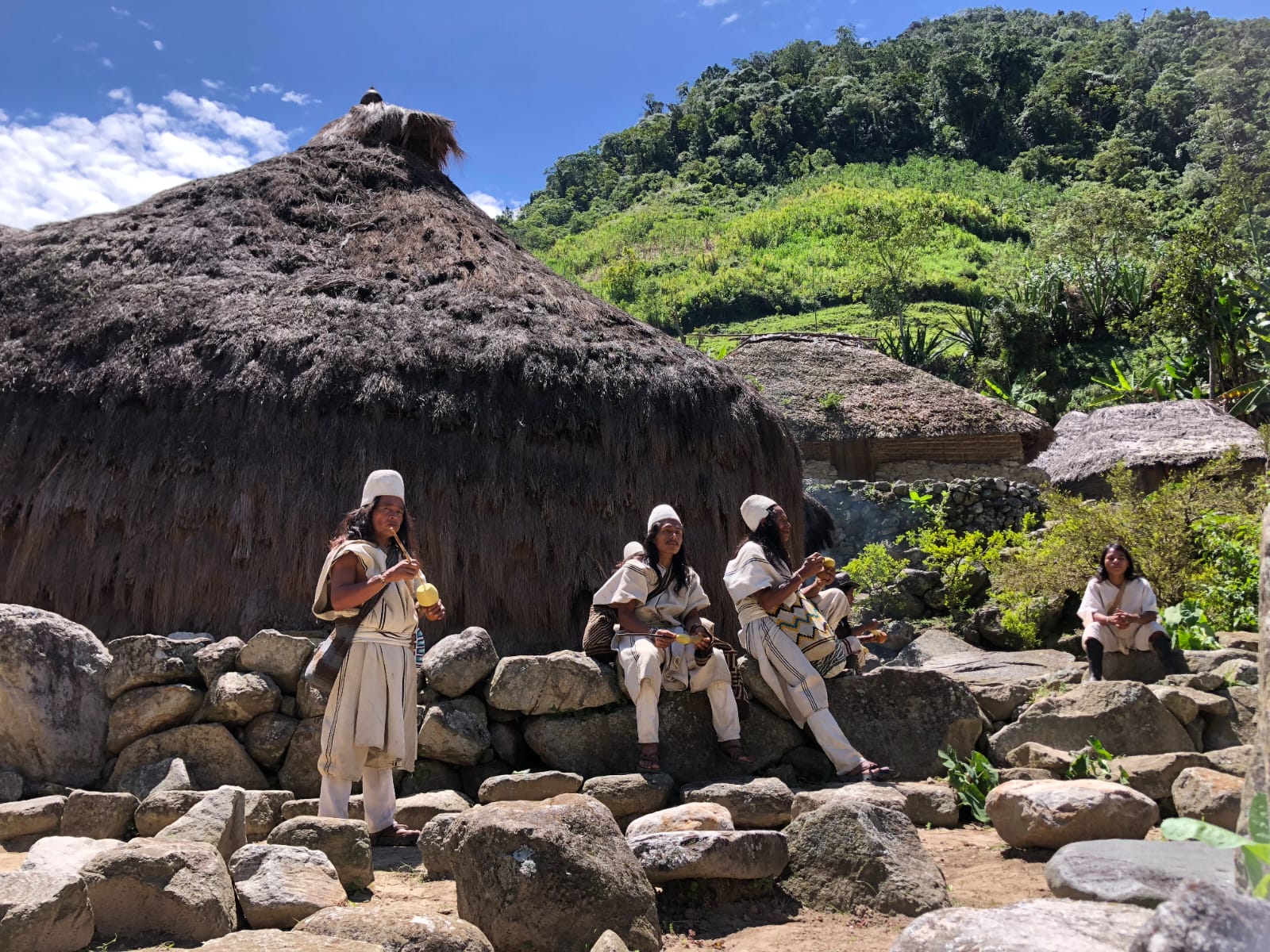While Earth Day encourages people to take action towards environmental protection, what is still largely missing from the discussions are the perspectives of Indigenous peoples. These communities have coexisted with nature for millennia and continue to do so despite growing pressures governments, corporations and climate change. Indigenous territories continue to be the most protected biodiversity areas in the world, and Indigenous knowledge is key to keeping them thriving.
At the same time, it is Indigenous peoples who tend to be hit the hardest by the impacts of climate change and ecological destruction, and it is them who are increasingly at the forefronts of the resistance to destructive development. Nevertheless, it is primarily not Indigenous peoples and their knowledge that are valued and listened to in discussions on how to preserve the planet for future generations.
That is why, on this Earth Day, we would like to shift the focus of nature conservation on Indigenous stewardship. Today we are shedding light on one of our partners, the Gwich’in Steering Committee – an Indigenous organization that fights for the protection of the Arctic National Wildlife Refuge in Alaska, where oil drilling keeps posing major threats to the very existence of their culture.
The Arctic National Wildlife Refuge, located in northeastern Alaska, is America’s largest wildlife refuge and the homeland of the Gwich’in and Iñupiat Indigenous peoples. The area is abundant in biodiversity – it hosts millions of migrating birds yearly and works as an important denning area of the polar bear whose habitat is constantly diminishing due to the changing climate. The refuge is also home to the Porcupine caribou – a species that the Gwich’in have depended on for food, clothing, tools, and spiritual guidance for millennia.
Despite the fragility of Arctic ecosystems, the natural resources of the area keep attracting economic interests. For decades, the fossil fuel industry has been insisting to commence oil and gas drilling on the refuge’s coastal plain. The “Sacred Place Where Life Begins”, as the Gwich’in call it, is where the caribou give birth to and nurse their calves. In 1988, Gwich’in elders addressed the tremendous threat to the caribou and thus the entire Gwich’in culture, and called upon the chiefs of all Gwich’in villages across Alaska and Canada to gather to discuss the issue. That is when the Gwich’in Steering Committee was established. Ever since, the Gwich’in Steering Committee’s work has been crucial in halting the oil and gas exploration and successfully including Indigenous voices in the debate.
The fight that the Gwich’in keep leading, is not only about the ecological values of the refuge but also about Indigenous rights. The Gwich’in are fighting to preserve their territory, livelihoods, food security and an entire culture that is dependent on the caribou, for future generations. These perspectives are too often ignored when the environmental impacts of extractivism are debated.
In 2017, the resistance suffered a setback, as President Trump’s administration decided to open the coastal plain to oil and gas leasing without a single public hearing. Even though President Biden’s administration suspended the drilling leases in 2021 to conduct an environmental review, the coastal plain remains threatened by fossil fuel development as the halt is only temporary. The Gwich’in responded to the devastating situation by launching an extensive divestment campaign targeting major banks and insurance companies to pledge not to finance or insure oil and gas development in the Arctic. The initiative has already proven to be powerful as six largest banks in the US and five in Canada, as well as 12 international insurance companies have stated to keep their operations out of the Arctic Refuge.
Land is Life joins the Gwich’in Steering Committee’s calls for the permanent protection of the Arctic Refuge to fully prevent the fossil fuels industry from entering the territories of the Gwich’in and Iñupiat. Indigenous territories, and the fragile ecosystems of the Arctic, are already existentially suffering from the impacts of climate change, and cannot bear the pressure from extractivist industries.




